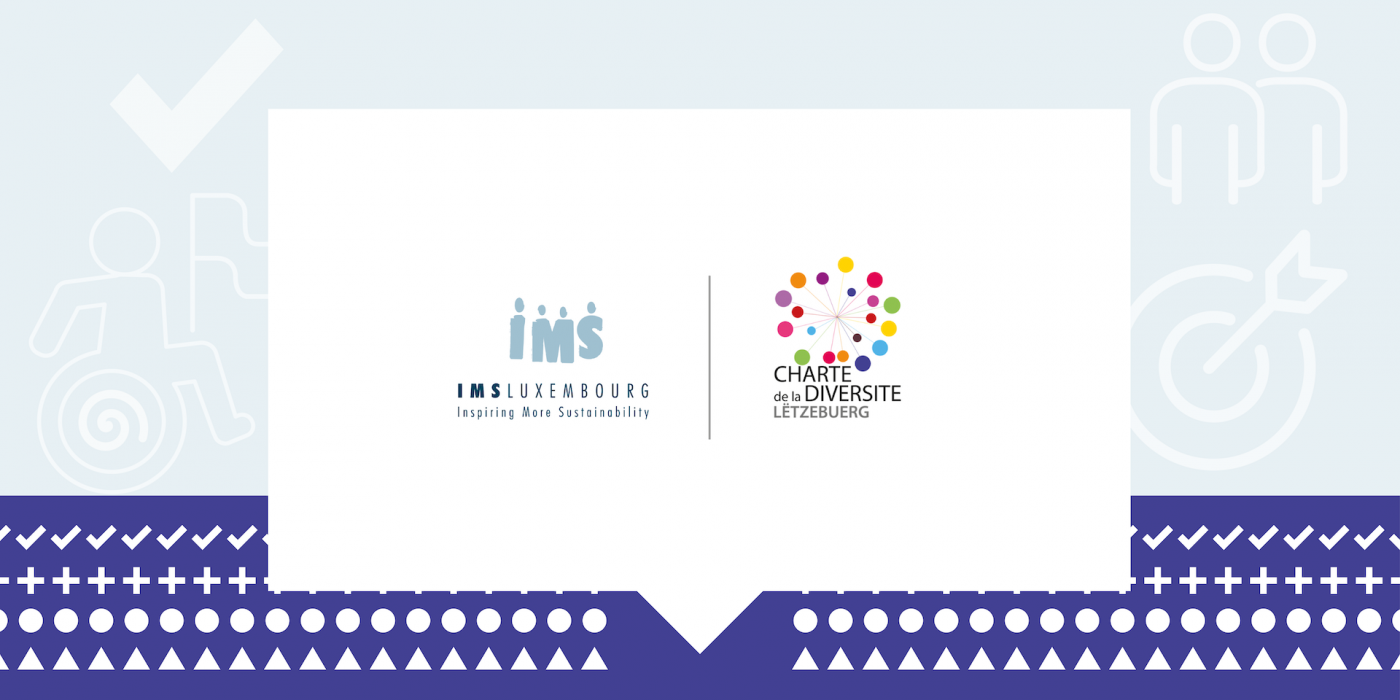
In March 2021, the European Commission adopted thedisability Rights Strategy 2021-2030 to improve the lives of people with disabilities, particularly in the field of employment. The European Commission underlines that 51% of people with disabilities are employed, compared to 75% of people without disabilities.
In Luxembourg, "Work and employment" is one of the 8 topics considered as priorities in the 2019-2024 national plan on the rights of people with disabilities
Despite the progress noted, people with disabilities still face barriers when accessing and maintaining employment. And companies lack information about theinclusion of people with disabilities.
To break down stereotypes, raise awareness among employers and facilitate access for this target group to the regular job market, IMS Luxembourg has been working on theinclusion ofdisability in companies since 2015, in collaboration with companies and in partnership with the Ministry of Family,integration and the Greater Region, the Ministry of Labor, Employment and the Social and Solidarity Economy and the European Social Fund.
In 2022, IMS Luxembourg and the inter-company working group are working to design Handi-Diag, a tool to measure the place ofdisability in organisations.
The tool allows all employers in Luxembourg to question their key processes through the prism of theinclusion of people with disabilities.
Once the assessment is completed, they benefit from:
In 2023 and 2024, the project continue to go further in measuring and evaluating the impact of the actions implemented by the organisations. To do this, the project work in particular on the perception of employees.
If you are interested in learning more and joining the project, contact the Project Manager

From 2015 to 2017, the project led to
From 2018 to 2019, companies and associations from the private and public sectors met in a working group to collectively reflect on the concept ofdisability and the challenges facing employers. The results of this pooling:
From 2020 to 2021 the inter-company working group continued its reflection and published two deliverables: